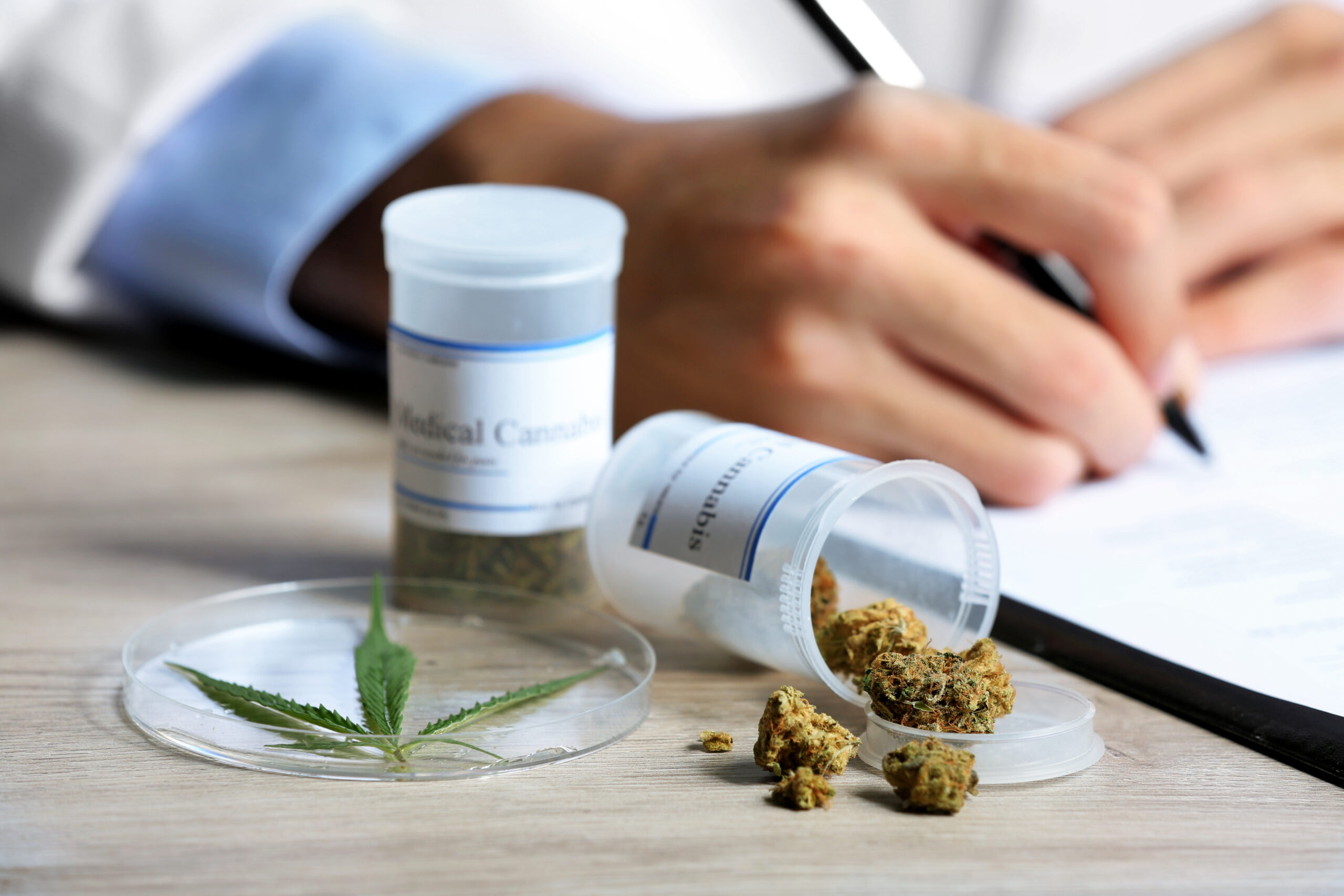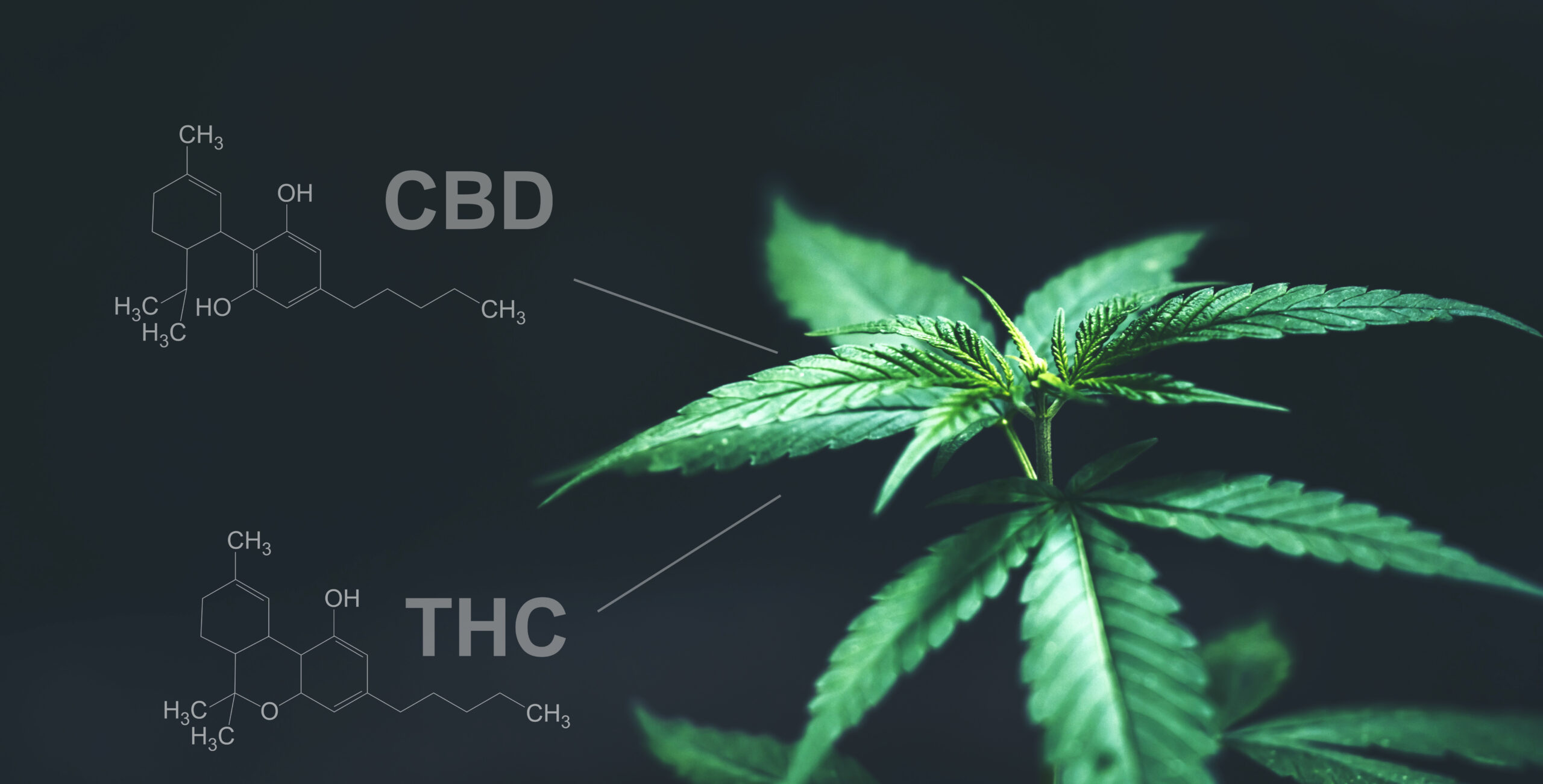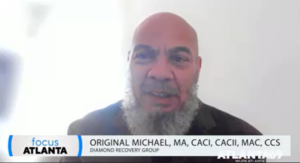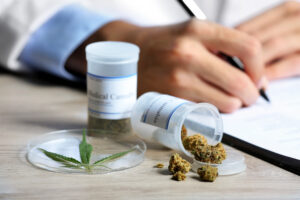Anyone who has spent time on the Internet in the last couple of years is bound to have noticed the increasing presence of so-called “legal” marijuana products. Are these products safe for people in recovery or safe in general?
This Diamond Recovery article takes a deep dive into the new world of legal and quasi-legal marijuana products and THC derivates
Where Did These Legal Marijuana Products Come From?
If you’re a little confused by the seemingly sudden appearance of marijuana-based products being advertised everywhere, you’re not alone. You are probably aware that an increasing number of states have legalized the recreational use of marijuana.
As of the time this article was written, recreational marijuana possession and use is legal in 24 states.
But these new marijuana-themed products that claim to contain THC (the active ingredient in pot) are being sold online and shipped legally to states where recreational marijuana is not (yet) legal. How is this possible? Is it a scam or a legal loophole or what?
How Are They Selling Legal Marijuana Products?
The answer is simpler than you might think. The federal government’s 2018 Farm Bill contained language deregulating hemp cultivation. Hemp is essentially the same plant as marijuana, but it’s primarily grown for fiber, oil, and other products. The key difference is that hemp contains a lot less of that active ingredient (THC) that creates the high associated with marijuana.
According to the 2018 Farm Bill, to be called hemp, the plant cannot contain more than 0.3% THC by volume/weight. The marijuana commonly grown for human consumption usually ranges anywhere from 5% at the low end, to as high as 25% or more.
So hemp is considerably less potent than the marijuana people buy to smoke. The “loophole” if you want to call it that, is that companies can grow hemp with 0.3% THC and turn it into legal products to sell in all 50 states. That includes edibles, extracts, and tinctures which have a much higher concentration of THC than the plant they came from.
How are products containing THC being sold legally?
- The 2018 Farm Bill allowed the cultivation of hemp with 0.3% THC or less.
- Companies are harvesting the hemp and making products with the extracted THC.
- Because marijuana is illegal, not THC itself, this does not violate federal law.
- This is seen by many as a “loophole” being exploited so the government may close it.
Are Legal Hemp Products With THC Safe In Recovery?
The short answer is no, any product containing THC is not a good idea for anyone who is in recovery. Any mind or mood-altering substance that produces a “high” can be dangerous to someone who has a history of substance use disorder. The fact that these products are technically legal for now does not change this.
Alcohol is legal in all 50 states too, but people in recovery from addiction still should not drink alcohol. No one questions that. These THC products are no different. Using any intoxicant is a mistake when you’re in recovery. It doesn’t matter what it is, or if it’s legal or not. It comes down to intentions. If we do something with the intent to “get high” then we’re on the wrong path.
But, Aren’t THC and Hemp Safer Than Alcohol or Opioids?
Yes, to a certain degree, THC/hemp products are safer than alcohol or opioids. THC is less toxic than alcohol and it doesn’t have the risk of powerful physical dependence or fatal overdose associated with opioids. However, that doesn’t change the fact that the motivation behind using these THC products is to get high.
While you may not overdose or necessarily get addicted to legal THC products, if you are in recovery it still amounts to resuming addictive behaviors. There is no gray area here. If you’re using a substance to “catch a buzz” then your recovery is in jeopardy. Something most people never consider is that dabbling in a so-called milder drug like THC or even alcohol, more often than not leads a person with addiction back to their original “drug of choice”.
When you pick up a substance with the intent of getting a “head change” you cross a certain line. The distance from there to picking up much more powerful and dangerous drugs is a lot closer than you imagine. No matter what solemn oaths you take or promises you make to yourself or anyone else — you are taking a tremendous and unnecessary risk.
Why isn’t it safe for a recovering person to use hemp products containing THC?
- THC is an intoxicating substance that creates a high, even if it wasn’t the drug that originally caused you to get sober and enter recovery, it’s an intoxicating substance all the same. That means it’s forbidden for anyone who wants to maintain their sobriety.
- People new to recovery sometimes mistakenly believe that they will be “okay” as long as they avoid their “drug of choice”. If a person were addicted to opioids, then they might imagine they could drink alcohol or smoke weed safely. This is a dangerous lie.
- It is common for people who use a different substance than the one they were originally addicted to, to eventually pick up their original “drug of choice”. This may be due to lowered inhibitions or because they’ve already crossed a line that brought them closer to it.
Diamond Recovery Is Raising Awareness About Substance Use Disorders
At Diamond Recovery, our mission is to not only help people recover from the disease of addiction — it is also to raise awareness and spread the truth about recovery. While knowledge alone is not enough to overcome addiction, a lack of knowledge and information can be dangerous.
Anyone who is suffering from addiction and is hungry for change first needs the knowledge that addiction is the problem. Then they need a solution to that problem. An answer outside of themselves. Whether you call that a Higher Power or not is up to you. All that matters is that you understand that beating addiction isn’t something you can do with willpower alone — you must ask for help.
If you or someone you love could benefit from addiction treatment or help for a mental health disorder or you just have questions about addiction, please give us a call at (844) 909-2525.






